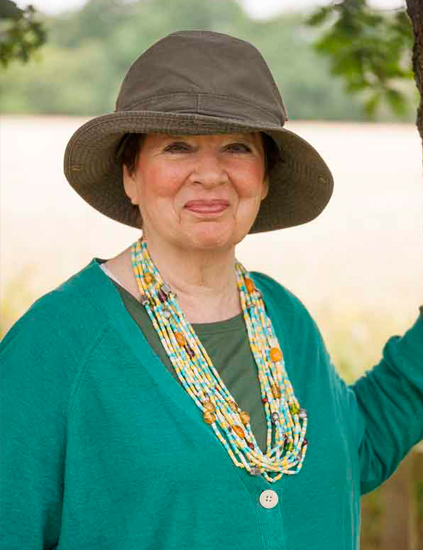Writing Larkswood
The most difficult thing about writing Larkswood was without a doubt the length of time it took me.
As an author I have moved from picture-book texts – short, pithy and incredibly difficult to get right – through to novels for young adults – which for my then Publisher, Simon & Schuster, meant no more than 40,000 words – to a leap in the murky dark and the adult market place: any length, any historical period, as many characters as you need, as much freedom as you can swallow.
Gulp.
Dizzy with the sense of liberation and challenge, I took a giant leap.
I thought Larkswood might take me seven months.
It took me seven years and more.
I am 81 years old and this novel took me every single one of all those years. The cake I ate for breakfast every morning was made of Grit, Determination and Stamina. There wasn’t any cream, though on a good day there may have been the taste of cinnamon and ginger, and if I had had a really successful night the week before, there might also have been Earl Grey Tea.
Of course it would have helped if I had known what the hell’s bells I was doing. I didn’t. I knew I was a good story-teller. I knew what my storyline was going to be about. I knew, with a kind of stubborn, mule-like obstinacy, that the dark heart of Larkswood was an incestuous relationship between a brother and his sister.
And there, oh right there, was the sticking point.
“You haven’t got a chance in hell,” publishers told me. “It’s the last taboo, incest is… We couldn’t touch it with a bargepole … Shut the door behind you right now.”
I would stomp off, tearful and red-faced, but more determined than ever. Not only was I going to write a story about incest, but I was going to get it right. Absolutely right. Right down the line.
The first hurdle to clear was the research. For me, reading books is essential but never enough. It’s the primary source material that gives me confidence. That means old newspapers, magazines, periodicals, bus tickets: actual documentation published at exactly the time my characters are alive.
In my beloved Bodleian Library in Oxford, the crucial source material still exists, thanks to the dedicated staff who understand its importance. In the Vere Harmsworth Library, they took pity on my enormous age and weight and gave me a blue trolley. We used to call it my Blue Moon. On this exquisite contraption I loaded copies of The Times. Red-leather bound and weighing even more than I do on a good day before breakfast with one leg in the air, these enormous and most marvellous of documents gave me chapter and verse.
Here lie the great political documents of the time and so much more: the declarations of war and peace, the Parliamentary speeches, the Court circulars, the advertisements for household goods, cough remedies, garden shears, ladies’ underwear and pipe tobacco. Here you can check on the weather, local gossip, the age of the Lord Mayor, and how one of his underlings got burned alive by getting blind drunk and falling into the fire in his shabby lodgings near Botley-under-Limerick.
Now: the most important point about all this miraculous reading is knowing when to stop. How not to take so many notes you never want to open your own file when you get home. And how to translate what can eventually be a veritable sea of information back into the lives of those characters you first dreamed up all those years ago. That, folks, is the art of the storyteller.
And let me tell you this.
It’s a secret.
And it takes as long as it takes.
It won’t be rushed.
It won’t be crushed.
And if you are as determined as I was, it’s worth the patience and it’s worth the wait. First you have to be accurate. Then you have to be original. Then you have to grip your readers by their throat and never allow them to escape.
As an author, the only words I ever want to hear are:
“I couldn’t put it down.”
Those five little words bring such tears of joy to my eyes I have to go away and write another story.

Photo by Chris Challis Photography

